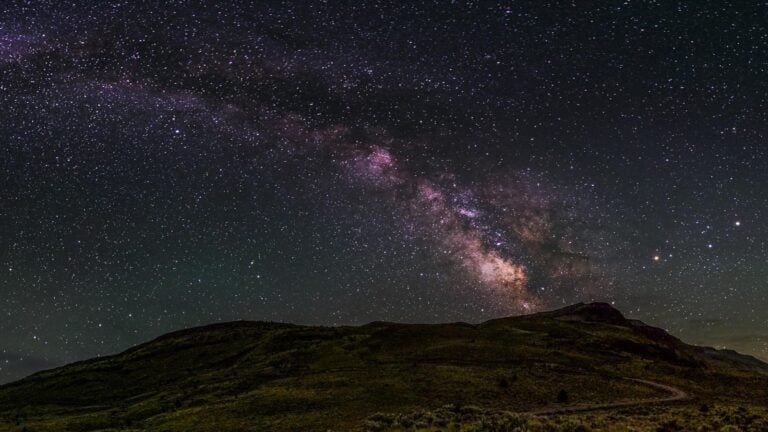15 profound questions atheists often ask about faith
So, you’ve noticed the shift, too? It feels like everywhere you look in the USA these days, the conversation about God is changing from polite nodding to some pretty intense grilling. With the “nones” (people with no religious affiliation) holding steady at roughly 28% of the U.S. population as of 2025, according to Pew Research Center, and Gen Z women leaving the pews in record numbers, we are witnessing a massive cultural vibe shift. It’s not just about people sleeping in on Sundays anymore; it’s about a growing number of folks asking hard, specific questions that demand more than “just have faith” as an answer.
I’ve spent years diving into these debates, and I’ve realized something: the most profound questions aren’t usually angry rants. They are genuine intellectual roadblocks. Whether you’re a believer trying to understand your skeptic friends or an atheist nodding along, getting to the bottom of these arguments is fascinating.
So, let’s grab a metaphorical coffee and walk through the 15 most challenging questions that are keeping people up at night—no fluff, just the hard-hitting stuff.
If God is all-good and all-powerful, why does evil exist?

This is the granddaddy of them all, often called the “Epicurean Paradox.” The logic is brutal in its simplicity: If God is willing to prevent evil but not able, he’s not all-powerful; if he’s able but not willing, he’s not all-good. David Hume, a Scottish philosopher, famously hammered this point home, asking why a perfect being would design a world bursting with misery. We aren’t just talking about human choices (like war) but natural disasters—tsunamis, bone cancer in children, and earthquakes.
If God designed the tectonic plates, didn’t he also decide they should crush 200,000 people occasionally? Believers often use the “Free Will” defense, but that doesn’t explain why a deer has to burn to death in a forest fire caused by lightning. As Sam Harris, a New York Times best-selling author, points out, if an all-powerful God allows that kind of suffering to “build character” or test us, that God starts looking less like a loving father and more like a cosmic sadist.
If truth is universal, why is it determined by zip code?

Ever notice how your religion is almost perfectly predicted by where you were born? This is what we call the “Geography of Faith.” If you were born in Arkansas, you’re likely Christian; born in Kandahar, you’re Muslim; born in Mumbai, you’re Hindu. Skeptics argue that if one religion were objectively true—like the laws of physics—it wouldn’t cluster by culture. It would appear randomly and universally, just like gravity does.
Former apologist John Loftus calls this the “Outsider Test for Faith.” He challenges believers to be as skeptical of their own religion as they are of everyone else’s. You dismiss Thor, Zeus, and Vishnu as myths effortlessly. Atheists go one god further. They ask: Why is your local deity the real one, while the others are fake? IMO, it’s a question that demands a better answer than “because my parents said so.”
Why is God playing the ultimate game of hide and seek?
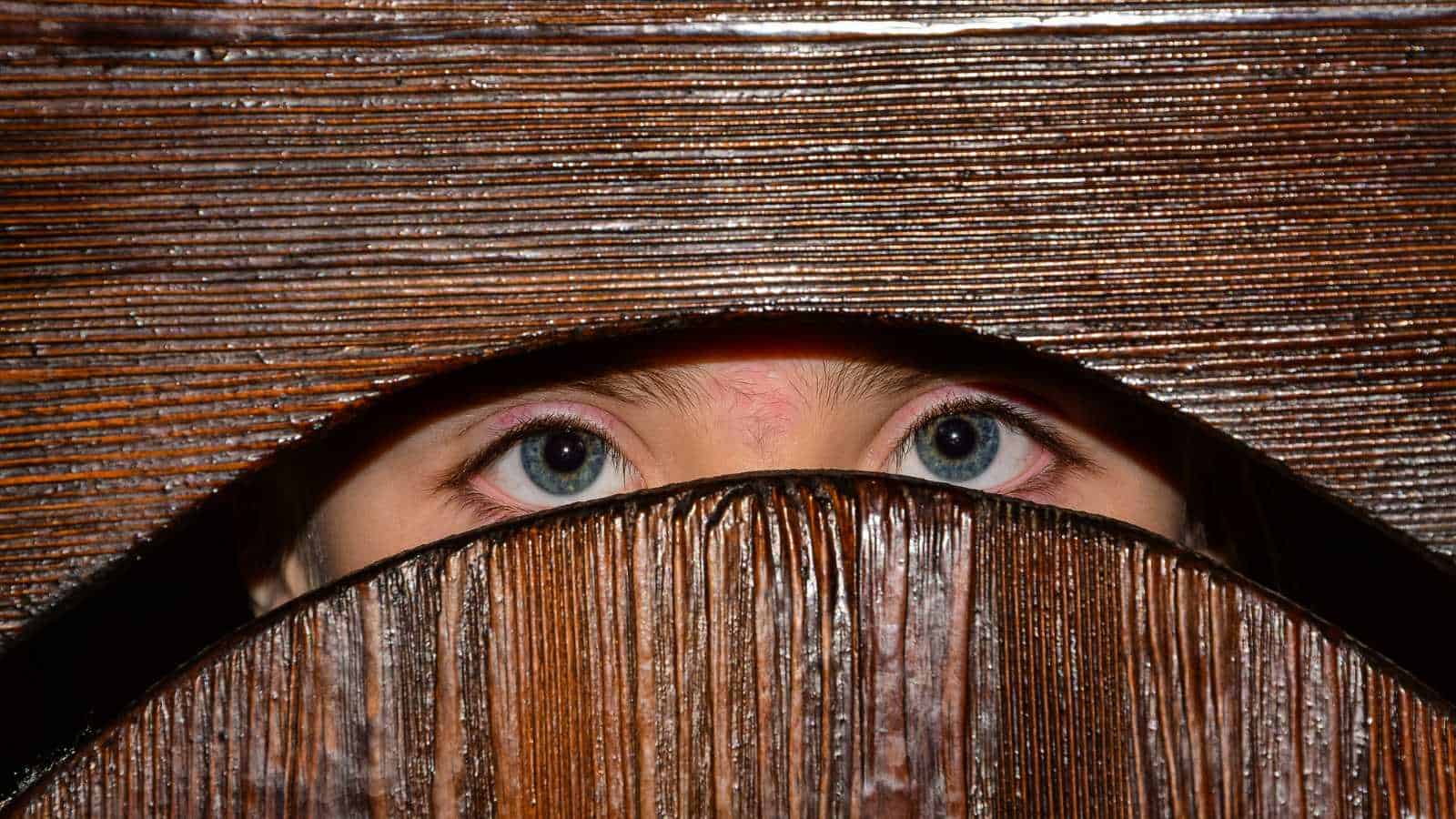
If God wants a relationship with us, why is he so impossible to find? Philosopher J.L. Schellenberg formulated the argument from “Divine Hiddenness,” which points out that there are plenty of “non-resistant non-believers”—people who genuinely want to know God but find zero evidence. If you loved your child, you wouldn’t hide from them for 70 years and then punish them for not writing you letters.
The silence is deafening for many. According to ResearchGate, we live in a world where several different Christian denominations exist because nobody can agree on what God actually said. If God is the author of communication, why is his message so garbled that it causes wars?
Atheists argue that a perfect being would communicate clearly, making his existence as undeniable as the sun. The fact that he doesn’t suggests he might not be there at all.
Is something “good” just because God says so?

This is the Euthyphro Dilemma, straight from ancient Greece. It asks: Does God love what is good because it is good, or is it good because God loves it? If goodness exists independently of God (Horn 1), then God isn’t the ultimate standard—he’s just following the rules like us. But if “good” is whatever God commands (Horn 2), then morality is arbitrary.
Think about it: If God commanded us to murder children tomorrow, would that suddenly become “good”? If you say “God wouldn’t do that,” check your Bible—he commanded the slaughter of the Amalekites, including infants (1 Samuel 15). Atheists argue that if our moral gut tells us genocide is wrong even when God commands it, then we are judging God by a higher, humanistic moral standard.
If the brain is damaged, where does the “soul” go?

Religious folks often believe in a soul that survives death, but neuroscience suggests the mind is the brain. We know this because of physical trauma cases like Phineas Gage, whose personality completely shifted after a railroad spike went through his skull. If physical damage can change your personality, memory, and morality, what is left to go to heaven when the entire brain dies?
Sam Harris argues there is no “ghost in the machine.” We can alter “spiritual” experiences with drugs and destroy empathy with brain lesions. If the “you” that makes you you can be dismantled piece by piece with a scalpel, the idea of an eternal, immaterial soul floating away after death seems scientifically bankrupt. The lights go out.
Is God just an ever-receding pocket of ignorance?
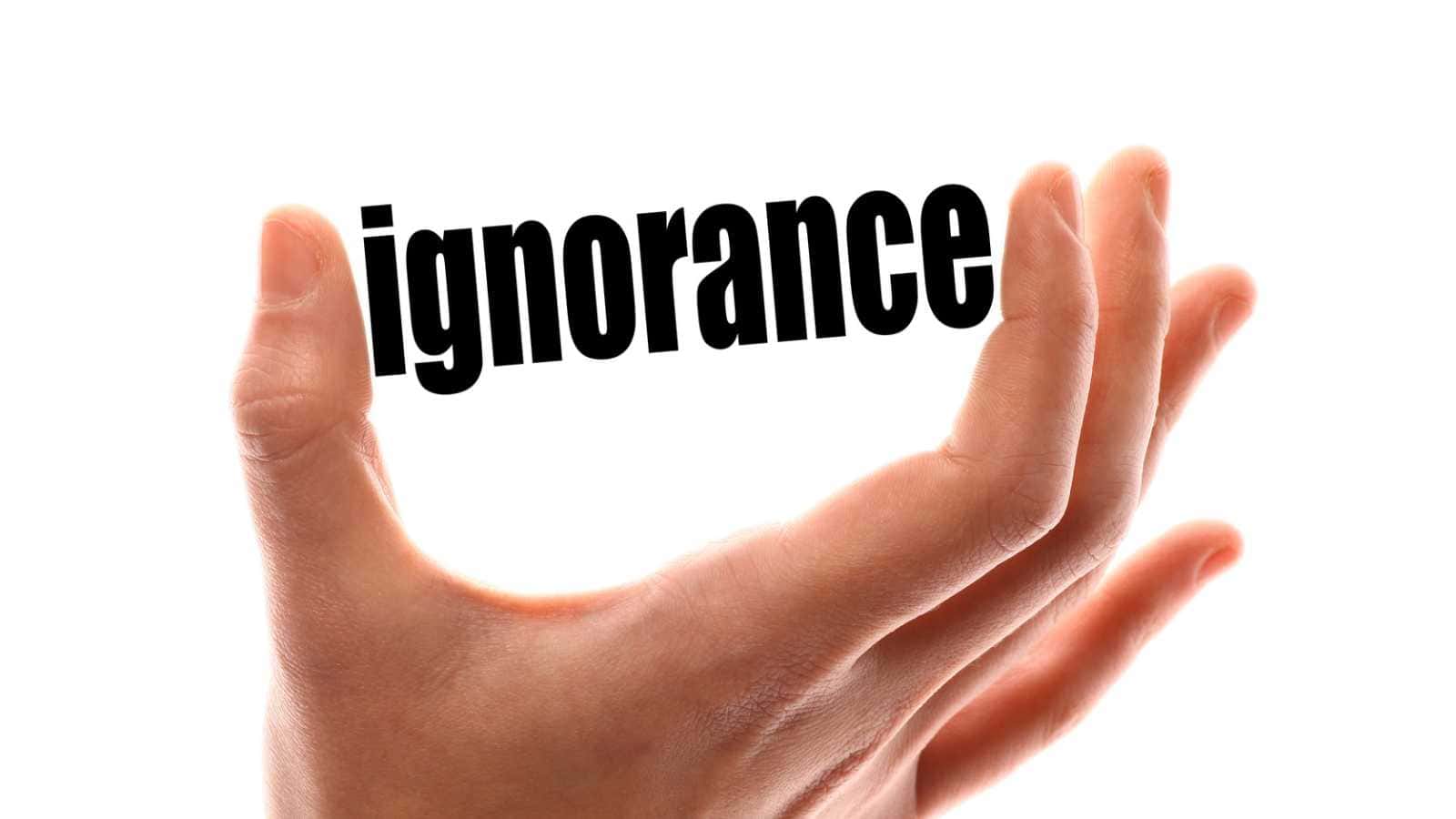
This is the classic “God of the Gaps“ problem. Throughout history, every time we didn’t understand something—lightning, disease, planetary orbits—we said, “God did it.” Then science came along and explained it with electricity, bacteria, and gravity. Astrophysicist Neil deGrasse Tyson famously noted that God is becoming “an ever-receding pocket of scientific ignorance”.
Every time we solve a mystery, God gets evicted from that slice of reality. We used to think demons caused seizures; now we know it’s epilepsy. Atheists ask: Why bet on the supernatural when it has a 0% success rate in the history of explanation? The gap for God to hide in is getting smaller every year, and eventually, there won’t be any room left.
Does a finite crime deserve infinite punishment?

The concept of Hell is a massive moral stumbling block. How can a loving God sentence someone to eternal torture for a finite life of mistakes? Even the worst human criminal gets a death sentence, not billions of years of agony. Atheists argue that infinite punishment for finite crimes (like simply not believing) makes God infinitely cruel, not infinitely just.
Christopher Hitchens called this system a “celestial North Korea”—a place of forced love and inescapable surveillance. It turns the relationship with God into a hostage situation: “Love me, or I’ll burn you forever.” That’s not love; that’s coercion. If a human father locked his child in a basement with a blowtorch for disobeying, we’d call the police. Why do we call it “justice” when God does it?
Why is the “perfect word” so full of errors?

If the Bible is the creator’s guide for humanity, you’d expect it to be flawless. Instead, skeptics point to hundreds of contradictions and scientific absurdities. For example, Leviticus 11 classifies bats as birds and rabbits as chewers of cud (they aren’t). The resurrection accounts in the Gospels can’t even agree on who went to the tomb or how many angels were there.
Atheists ask: Why does the all-knowing creator of the universe not know basic biology? And why does he need thousands of apologists to explain away the “difficult passages”? A perfect communicator wouldn’t need a PR team. The sheer volume of editing required to make the Bible fit modern facts suggests it was written by Bronze Age men, not a deity.
Why was God okay with slavery?
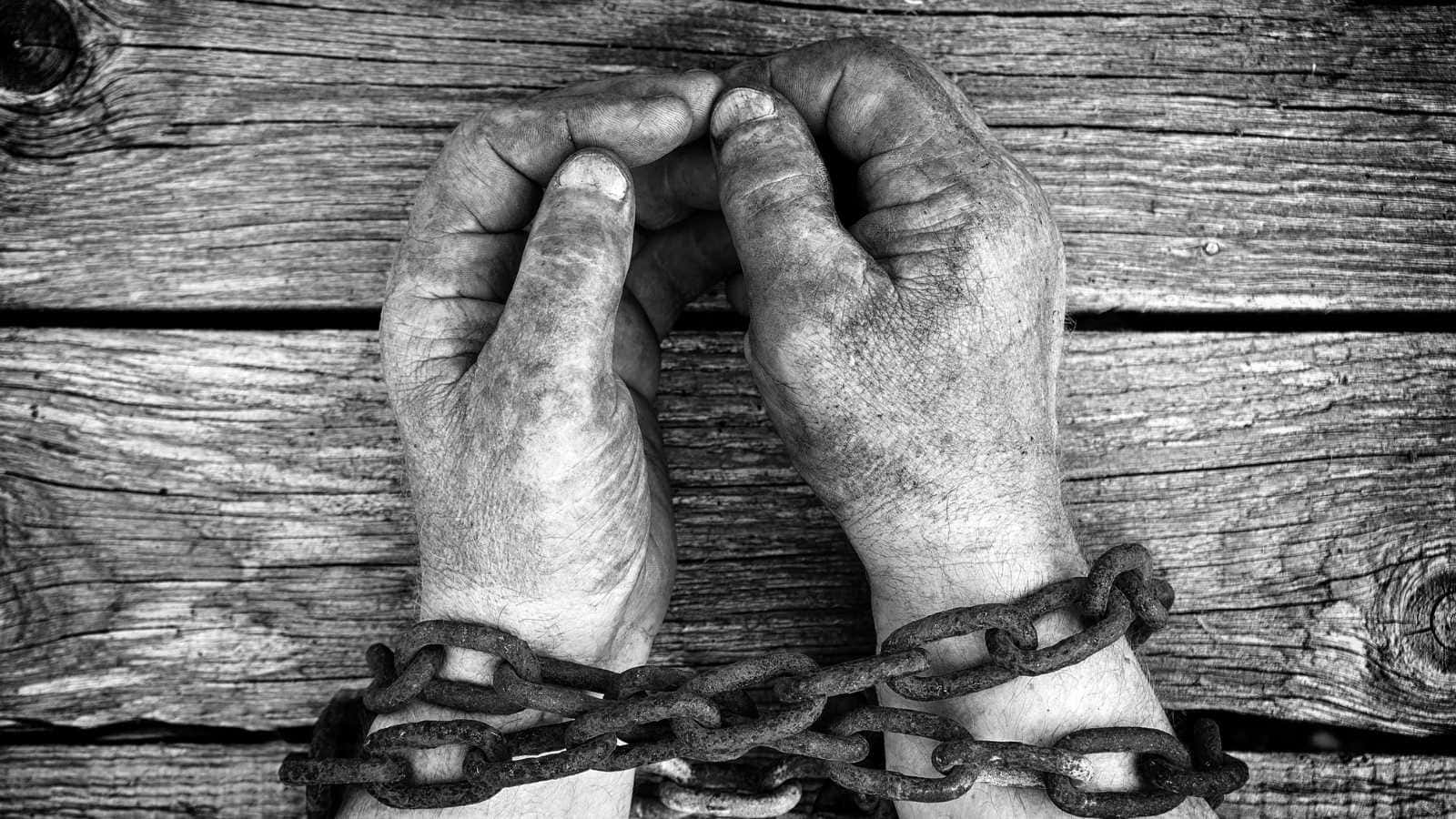
This one is a dealbreaker for many. While modern believers try to spin biblical slavery as “indentured servitude,” Leviticus 25:44-46 is crystal clear: “You may buy slaves… and they will become your property. You can bequeath them to your children.” It explicitly allows the ownership of humans as property for life.
If God is the source of objective morality, how did he get the most straightforward moral question in history wrong? It wasn’t the Bible that ended slavery; it was secular humanism dragging the church kicking and screaming into modernity. Atheists argue that if we have to correct God’s homework on slavery, genocide, and women’s rights, then we are more moral than the God of the Bible.
Why does prayer have the same success rate as chance?

We have done the science on this, and it doesn’t look suitable for miracles. The massive 2006 STEP study (funded by a religious foundation) monitored 1,802 heart patients and found that intercessory prayer had zero effect on recovery. In fact, the group that knew they were being prayed for had slightly more complications, likely due to performance anxiety.
Skeptics call this the “Milk Jug” analogy: Praying to God gets the same results as praying to a milk jug. Believers count the “hits” (recovery) and ignore the “misses” (death), but statistically, it’s a wash. Also, why does God only heal invisible things like cancer (which can go into remission naturally) but never regenerate a severed leg? It’s suspicious that God’s power stops exactly where human biology limits it.
Is faith just a survival instinct gone wrong?

Evolutionary psychology offers a compelling explanation for why we believe. Humans have a “Hyper-Active Agency Detection Device” (HADD). In the wild, assuming a rustle in the grass was a predator kept you alive. We evolved to detect “agents” (invisible minds) everywhere—in the wind, the shadows, and the storms.
Religion is likely a byproduct of this survival mechanism, combined with our need for social cohesion. We don’t need a supernatural explanation for religion when a natural one fits the data perfectly. Atheists ask: Isn’t it more likely that we created God in our image to cope with fear and death? It explains why every culture invents gods that look and act suspiciously like them.
Do you really want to live in a “Celestial North Korea”?

Christopher Hitchens famously asked the audience: “Who would want this to be true?” Theistic religion paints a picture of a universe where you are constantly watched, your thoughts are policed, and you are convicted of “thought crimes” (like lust or jealousy) before you even act. There is no privacy, even inside your own skull.
He argued that this is the ultimate totalitarian fantasy—a place where you are a slave to a master you cannot escape, even in death. Atheists often find the idea of an “eternal father” watching you in the shower not comforting, but creepily Orwellian. The desire for this to be true, they argue, is a form of learned helplessness.
Why is the burden of proof on me?

Believers often ask, “Can you prove God doesn’t exist?” Atheists reply with Russell’s Teapot. Philosopher Bertrand Russell said he couldn’t disprove a tiny china teapot orbiting the sun, but that doesn’t mean it’s reasonable to believe in it. The burden of proof is always on the person making the claim.
As the saying goes, “What can be asserted without evidence can be dismissed without evidence.” We are all atheists about Zeus, Thor, and Ra. Modern atheists go one god further. They ask: Why do you require massive evidence to believe in Bigfoot or aliens, but accept the resurrection of a first-century carpenter on hearsay?
If God made me, how am I responsible?
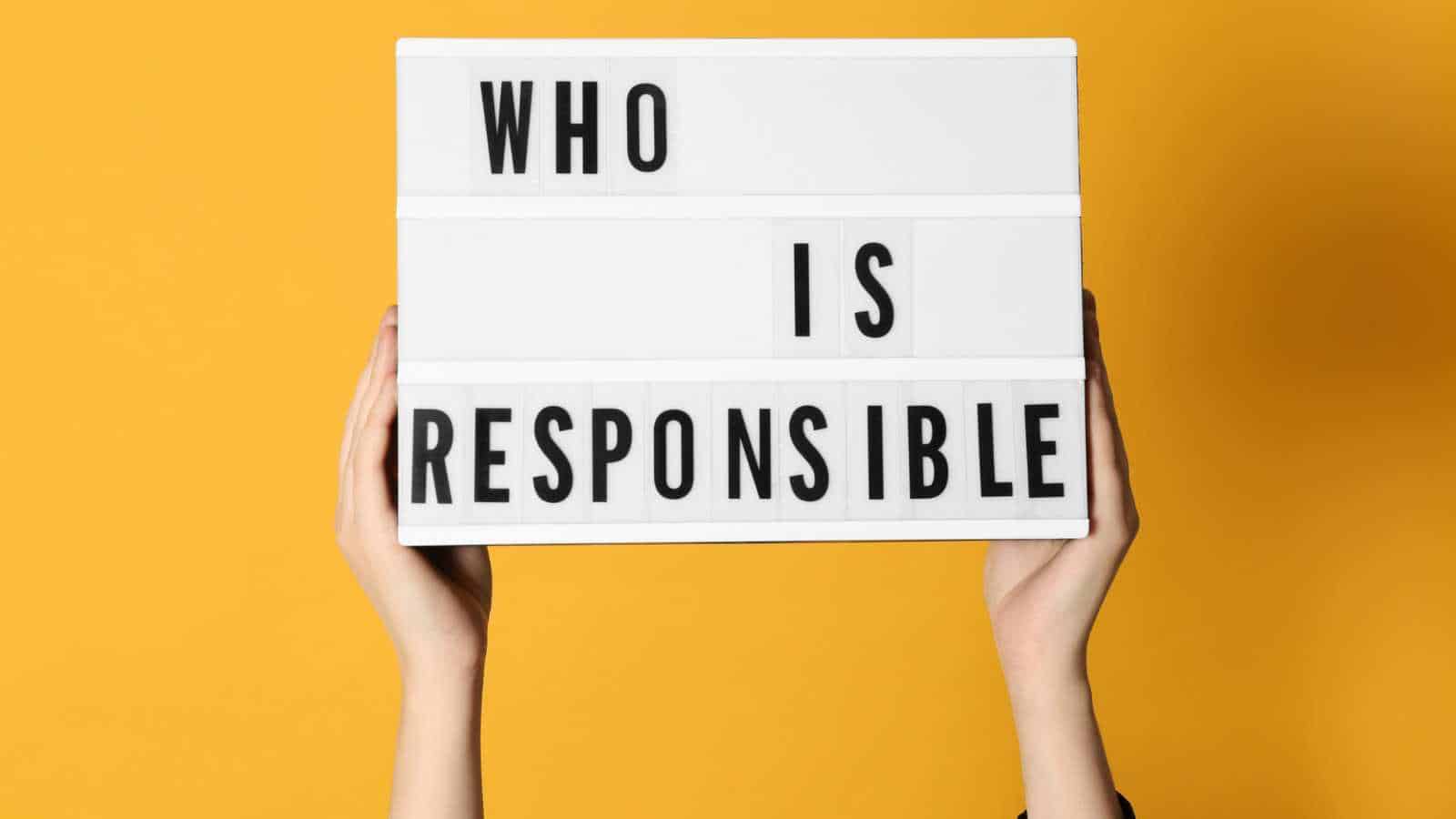
This is the “Free Will” trap. If God is all-knowing, he created you knowing exactly every choice you would ever make before you were born. He hit “print” on a universe where he knew you would be an atheist and go to hell. He could have made a universe where you believed, but he didn’t.
So, who is really responsible? Atheists argue that in this scenario, we are just puppets acting out a script written by God. Punishing a puppet for its strings is absurd. Sam Harris takes it further, suggesting that even without God, free will is an illusion driven by neurochemistry. Either way, the religious system of judgment collapses.
Do we even need religion to be good?

Finally, there’s the pragmatic argument. Believers say we need God for morality. But the data says otherwise. The Global Peace Index consistently shows that the most secular nations (Scandinavia, Japan, New Zealand) are the safest and most moral, while highly religious nations often struggle with higher crime rates and instability.
We don’t need ancient myths to know that hurting people is wrong. Secular humanism has given us a robust moral framework based on well-being and empathy. Atheists ask: Do you really need the threat of hell to be a nice person? If so, you aren’t actually nice—you’re just scared.
Key Takeaway

These questions aren’t just “gotchas”—they are the fuel behind the rise of the “nones” and the reason millions of Americans are deconstructing their faith right now. The burden of proof has shifted. We live in an age where claims require receipts, and “because the Bible says so” just doesn’t cut it anymore. Whether you agree or disagree, engaging with these questions is the only way to have an honest conversation about what it means to be human in 2025.
Disclosure: This article was developed with the assistance of AI and was subsequently reviewed, revised, and approved by our editorial team.
16 Best Jobs for Pregnant Women

16 Best Jobs for Pregnant Women
Pregnancy is a transformative and joyous period in a woman’s life, but it comes with unique challenges and demands. One of the most crucial aspects during this time is ensuring a healthy work-life balance.
Finding the right job during pregnancy is not just about earning an income; it’s about maintaining your health, well-being, and peace of mind.







